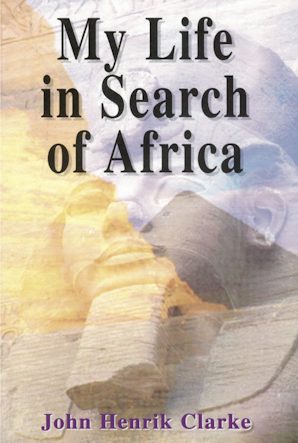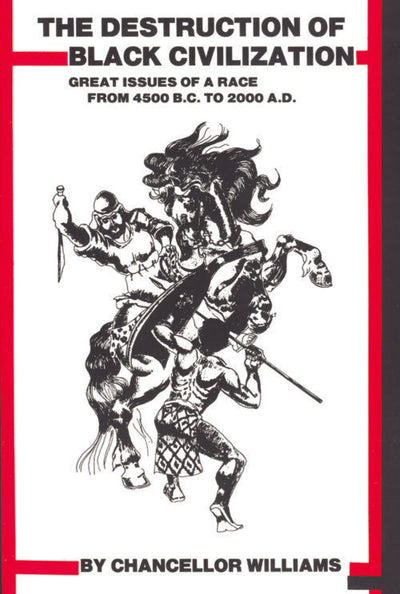You may also like
Marc Lamont Hill
FOR GAZA’S CHILDREN
Regular price $24.95 Save $-24.95
We firmly believe that our children are the stewards of our liberation. When we prioritize our children, we are also prioritizing a world shaped by peace, safety, love and justice. When we protect our children, we are also protecting our most beautiful legacies and coveted traditions. When we invest in our children, we are also investing in our most audacious freedom dreams and our most impossible future worlds. The children of Gaza, and indeed all of Palestine, are no different. Driven by this commitment, we have decided to assemble an anthology that prioritizes children. We hope to contribute to the present moment of radical resistance and revolutionary possibility by placing the lives, experiences, conditions, feelings, perspectives, and stories of the region’s children at the center of our social, cultural, moral, legal, and political analysis. For this anthology, we have chosen to exclusively spotlight the voices of progressive Black and Jewish American writers. In foregrounding Black and Jewish identities, including those writers who identify as both Black and Jewish, we hope to refute several dangerous myths about Black and Jewish Americans on the question of Israel/Palestine.

Joseph L. Jones
Black, Not Historically Black
Regular price $24.95 Save $-24.95
"Towards the Pan Black College & University" by Joseph L. Jones is a compelling exploration of the historical and contemporary challenges faced by Historically Black Colleges and Universities (HBCUs). Jones, a seasoned political scientist and former HBCU president, delves into the systemic issues of leadership, miseducation, culture, sustainability, respect, and social justice within these institutions. Drawing on his extensive experience and the writings of W.E.B. Du Bois, Jones advocates for a transformative vision he calls the Pan Black College and University (PBCU). This vision emphasizes leadership that fosters justice, a curriculum centered on the Black experience, a healthy organizational culture, financial independence, and a commitment to social justice and Pan-Africanism. Through personal anecdotes, scholarly analysis, and a call to action, Jones challenges readers to rethink and reimagine the future of Black colleges as vital incubators for change in Black communities and beyond.”

John Henrik Clarke
My Life in Search of Africa
Regular price $15.95 Save $-15.95
The author, one of the foremost scholars on Africa, fought to legitimize African history for more than 60 years. This book finally uncovers the tumultuous life of this great figure. Through a series of autobiographical essays, Clarke looks back on his lifelong struggle to restore African history to its proper place in the context of world history.

Chancellor Williams
Destruction of Black Civilization
Regular price $29.95 Save $-29.95
The Destruction of Black Civilization took Chancellor Williams sixteen years of research and field study to compile. The book, which was to serve as a reinterpretation of the history of the African race, was intended to be ""a general rebellion against the subtle message from even the most 'liberal' white authors (and their Negro disciples): 'You belong to a race of nobodies. You have no worthwhile history to point to with pride.'"" The book was written at a time when many black students, educators, and scholars were starting to piece together the connection between the way their history was taught and the way they were perceived by others and by themselves. They began to question assumptions made about their history and took it upon themselves to create a new body of historical research. The book is premised on the question: ""If the Blacks were among the very first builders of civilization and their land the birthplace of civilization, what has happened to them that has left them since then, at the bottom of world society, precisely what happened? The Caucasian answer is simple and well-known: The Blacks have always been at the bottom."" Williams instead contends that many elements—nature, imperialism, and stolen legacies— have aided in the destruction of the black civilization. The Destruction of Black Civilization is revelatory and revolutionary because it offers a new approach to the research, teaching, and study of African history by shifting the main focus from the history of Arabs and Europeans in Africa to the Africans themselves, offering instead ""a history of blacks that is a history of blacks. Because only from history can we learn what our strengths were and, especially, in what particular aspect we are weak and vulnerable. Our history can then become at once the foundation and guiding light for united efforts in serious[ly] planning what we should be about now."" It was part of the evolution of the black revolution that took place in the 1970s, as the focus shifted from politics to matters of the mind.

Jacob Carruthers
Intellectual Warfare
Regular price $19.95 Save $-19.95
Testifying that the foundation of modern Western thought, theory, and practice can be traced back to ancient African thought, theory, and practice, this book exposes the African influence on Greek and Roman thought and its influence on the development of modern Western society. It then establishes the urgency to defend and honor the role of Ancient African civilizations on this major event. Exposing fallacies and reestablishing new and undistorted ways of viewing the formation of Western society, the book shows how classic literature shaped the contemporary world in intricate and sometimes startlingly and brutally honest detail. Not satisfied with simply challenging the reader to think about things differently, the volume goes further, citing specific examples and offering instruction on how to begin to retrain oneself to think about the origins of modern society in other terms. The book is also separated from other such critical efforts by expanding the text with instruction for implementing new ways of looking at the educational curriculum--to ensure that the task of improving education can be taken up by future generations.







